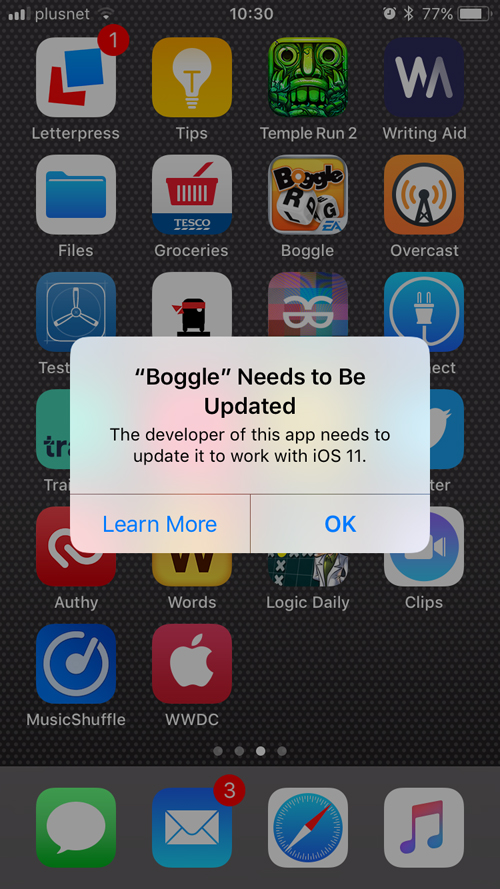Apple on Monday treated developers and audiences around the world to a sneak peek of its next generation mobile operating system. While not exactly groundbreaking, iOS 11 does bring some useful features and improvements to the table like peer-to-peer Apple Pay and a redesigned Control Center.
Unfortunately, those with legacy devices won't get to realize any of its benefits.

You see, iOS 11 is only compatible with devices running 64-bit processors. Apple's A7, which debuted in the iPhone 5S in 2013, was the first Apple mobile device to utilize a 64-bit processor (such has been the case for all subsequent launches as well). This means that phones and tablets running Apple's 32-bit A6 (and earlier) chip like the iPhone 5, iPhone 5C and the fourth generation iPad won't be able to use iOS 11.
Similarly, apps that don't yet support 64-bit architectures also won't run on iOS 11.
Apple in early 2015 mandated that all new iOS applications and updates must include 64-bit support. This requirement didn't, however, extend to apps already on the App Store. What this means is that apps that are still in use but haven't been updated since 2015 must be infused with 64-bit support in order to run on iOS 11.
To see if you have any 32-bit apps running on your iDevice, head over to Settings -> General -> About -> Applications and check the App Compatibility list.
Screenshot via 9to5Mac
